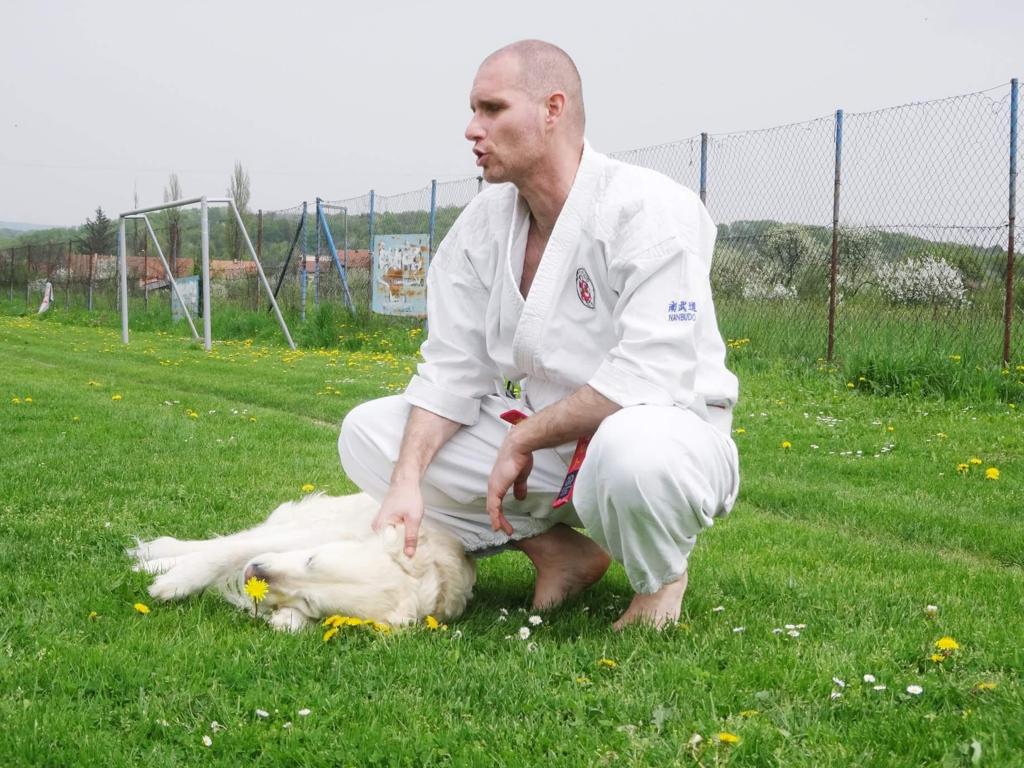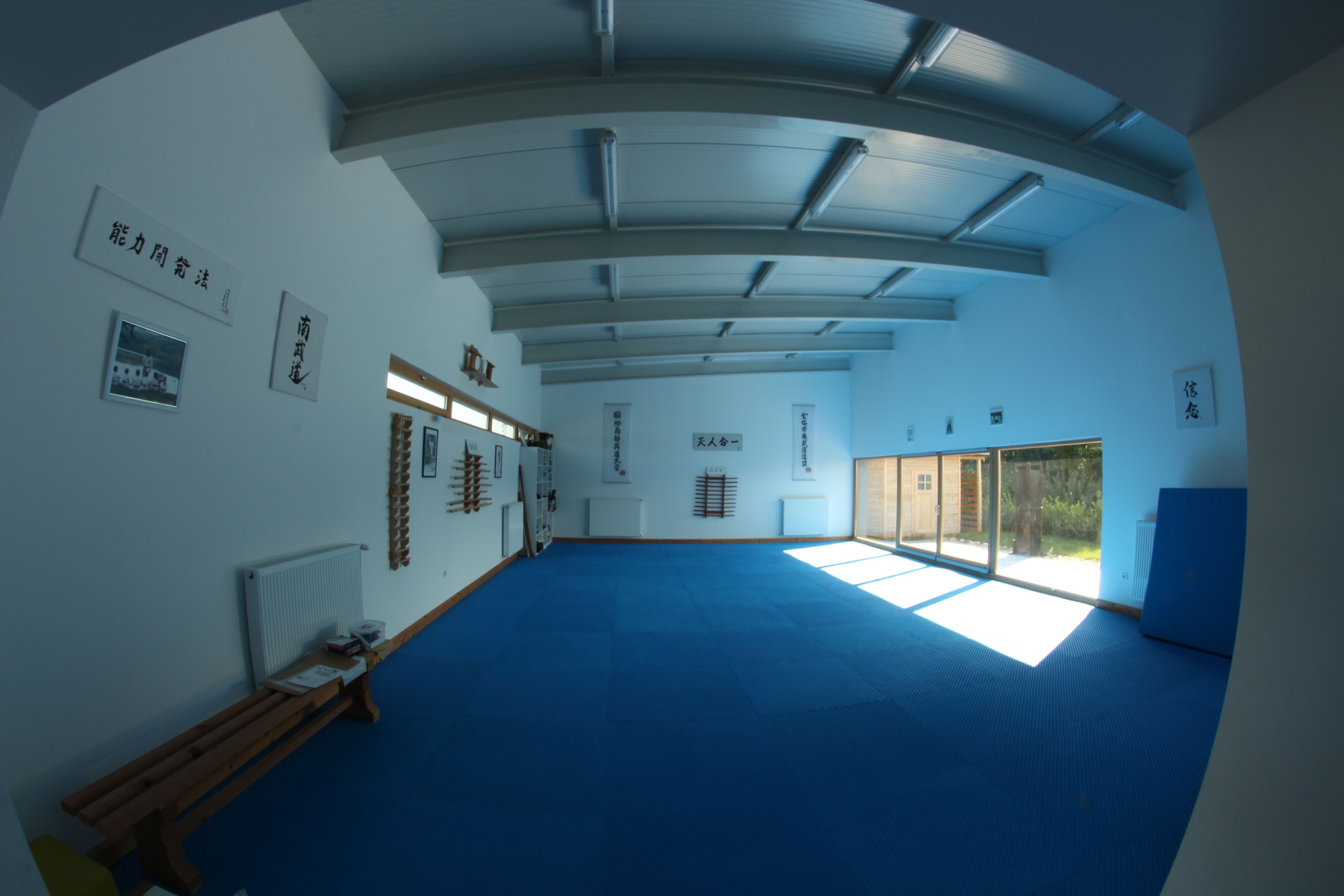
Leo Rafolt
Leo Rafolt has been practicing martial arts since 1984. He simultaneously practiced Sankukai Karate, Judo and Nanbudo. He participated in a large number of international seminars under the guidance of various masters of martial arts (Tsukada, Kamohara, Ueshiba, Shimabukuro, Mochizuki, Watanabe), but mostly under the guidance of Yoshinao Nanbu.
Since 2006, he has been the president of the Education Committee of the Worldwide Nanbudo Federation. For many years he was an international referee in Nanbudo and a member of the CINDA referee committee. He is currently a member of the International Committee for Nanbudo Grades.
He participated in many Nanbudo demonstrations in Europe and Japan. He completed his first PhD at the Faculty of Philosophy, and the second at the Faculty of Kinesiology in Zagreb. He worked as a professor at the Faculty of Philosophy in Zagreb and as a visiting professor at many European, American and Japanese universities. He now works as a full professor at the Academy of Arts and Culture in Osijek. He intensively writes and publishes books on performance theories, transculturalism, somatic practices, and often on Japanese culture. He holds seminars and workshops on Japanese Budo and Nanbudo all over the world, in Europe, Africa and Asia.





